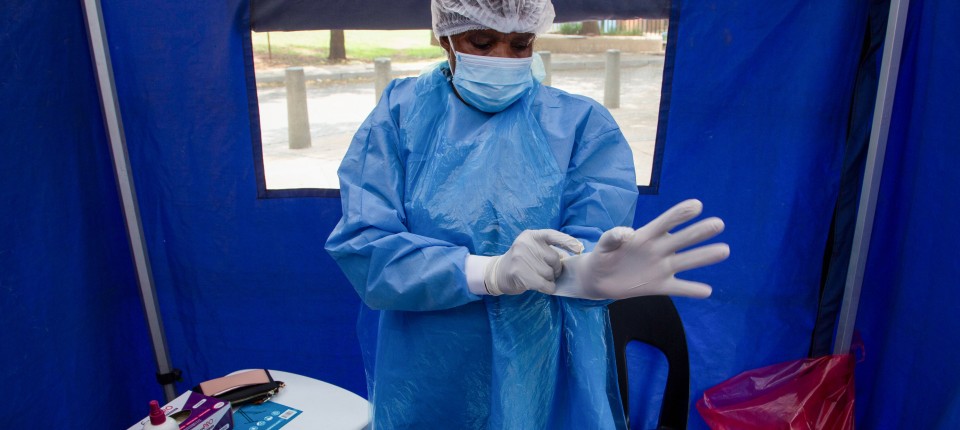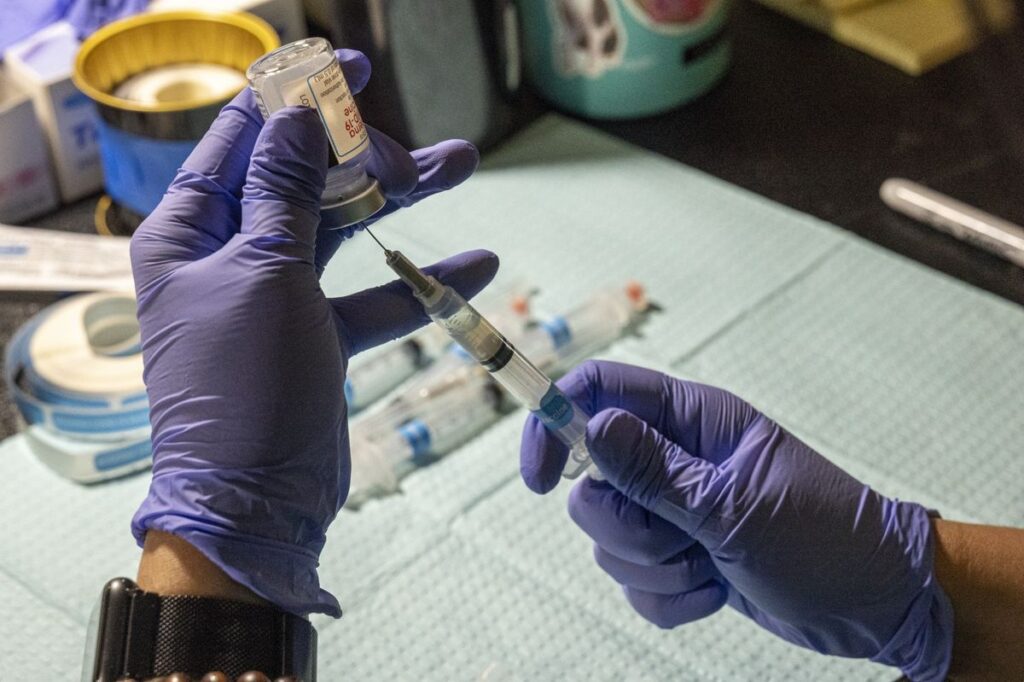Scientists Retract Study on Omicron Origin
The research work by the Berlin Charité on the origin of the corona variant in the renowned journal “Science” caused a stir – now it is being withdrawn. There should have been problems with the samples.

The specialist magazine “Science” and a team led by Jan Felix Drexler, from the Charité in Berlin, pulled out a study on the development of the Omicron halo variant, conducted by the FAZ. reported. According to the study, published in early December, omicrons formed gradually over several months in different African countries. “According to the latest findings, parts of the study data on contamination in test samples can no longer be verified beyond reasonable doubt,” Charité said on Tuesday.
Shortly after publication, other scientists raised doubts about the genome sequence. In a subsequent post hoc analysis of the remaining samples, inclusions were found. “The continuing publication assertion that viruses with omicron sequence characteristics actually existed prior to official detection in South Africa is based on consistent polymerase chain reaction (PCR) findings from laboratories in several African countries,” writes Charity. However, it is no longer possible to unequivocally reconstruct the individual stages of virus evolution due to the impurities that occurred.
Timely Correction is not Possible
According to their own statements, dozens of researchers examined a total of 13,000 samples from 22 African countries to study the “science”. As the large number of samples to be examined made timely correction impossible, the entire publication was withdrawn, writes Charité. A few days after the publication of the study, the confirmed expert on virus mutations, Richard Neer (University of Basel), expressed his doubts about this. “Not convinced,” he wrote on Twitter. Some of the researchers’ data did not support their thesis about the gradual evolution of the omicron.
Omicron has an exceptionally high number of about 30 amino acid changes in the all-important spike protein alone. Multiple genetic alterations have led other experts to hypothesize that the variant may have developed in someone with HIV or another form of immunodeficiency. Another hypothesis is that omicrons evolved in animals and then returned to humans.

